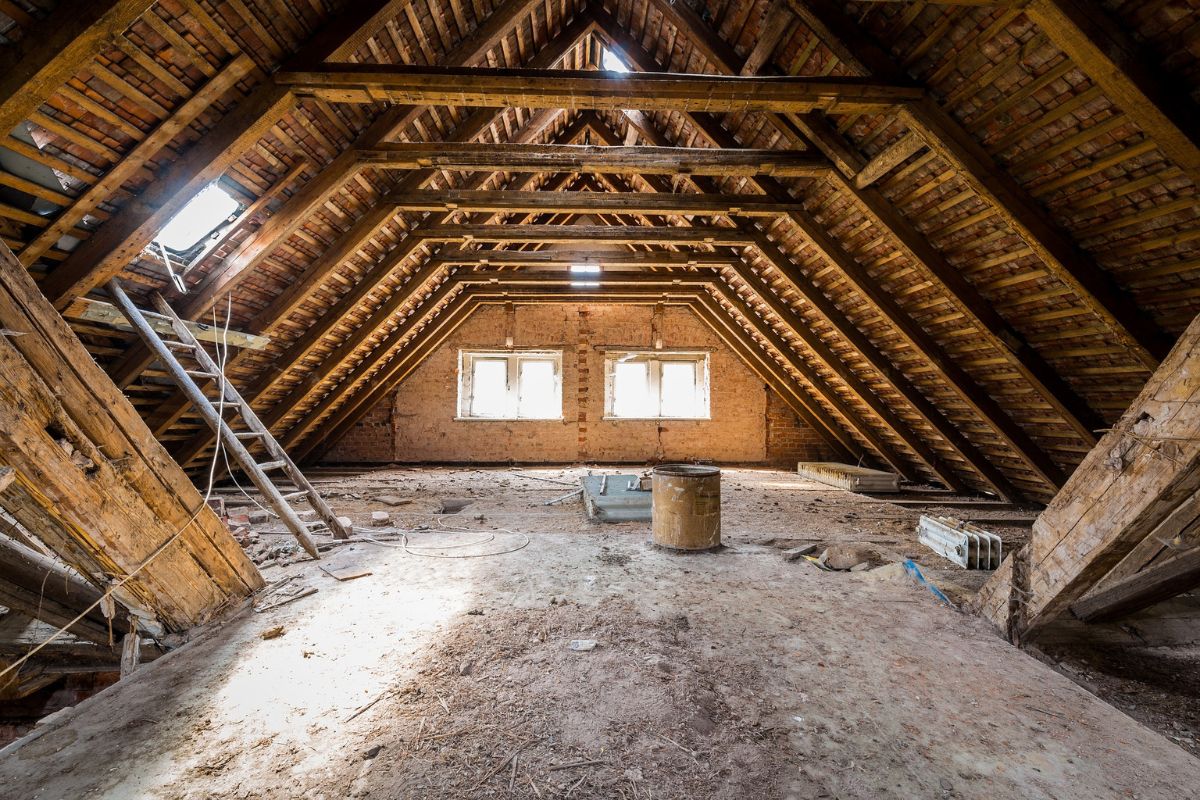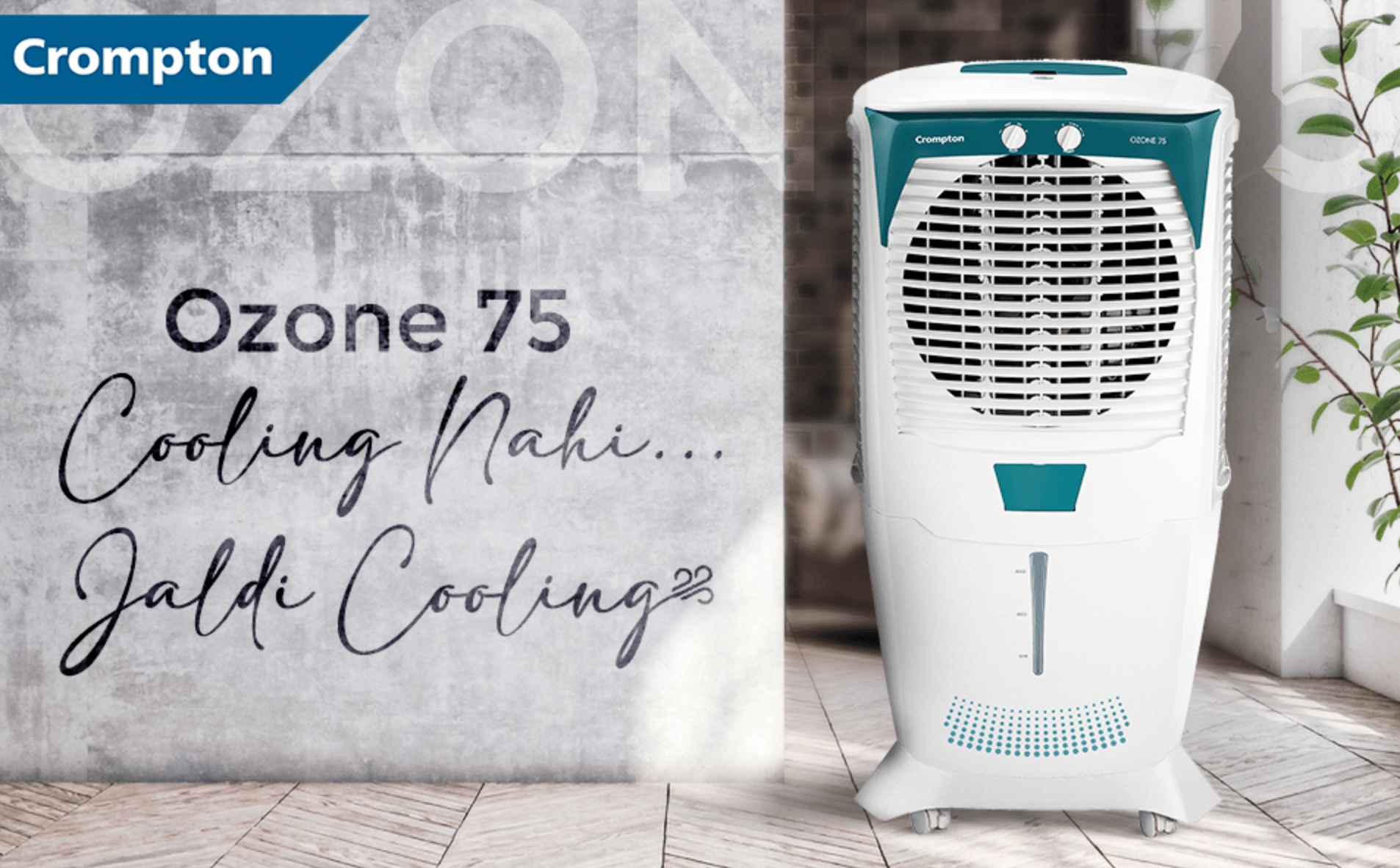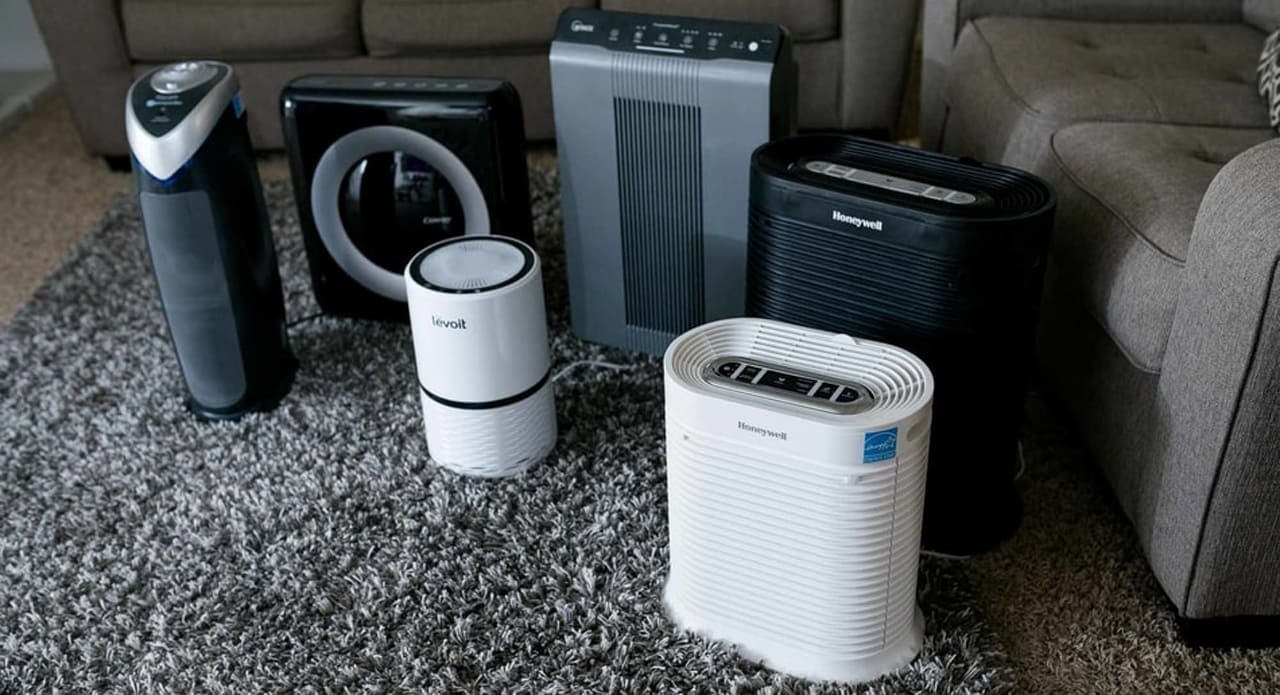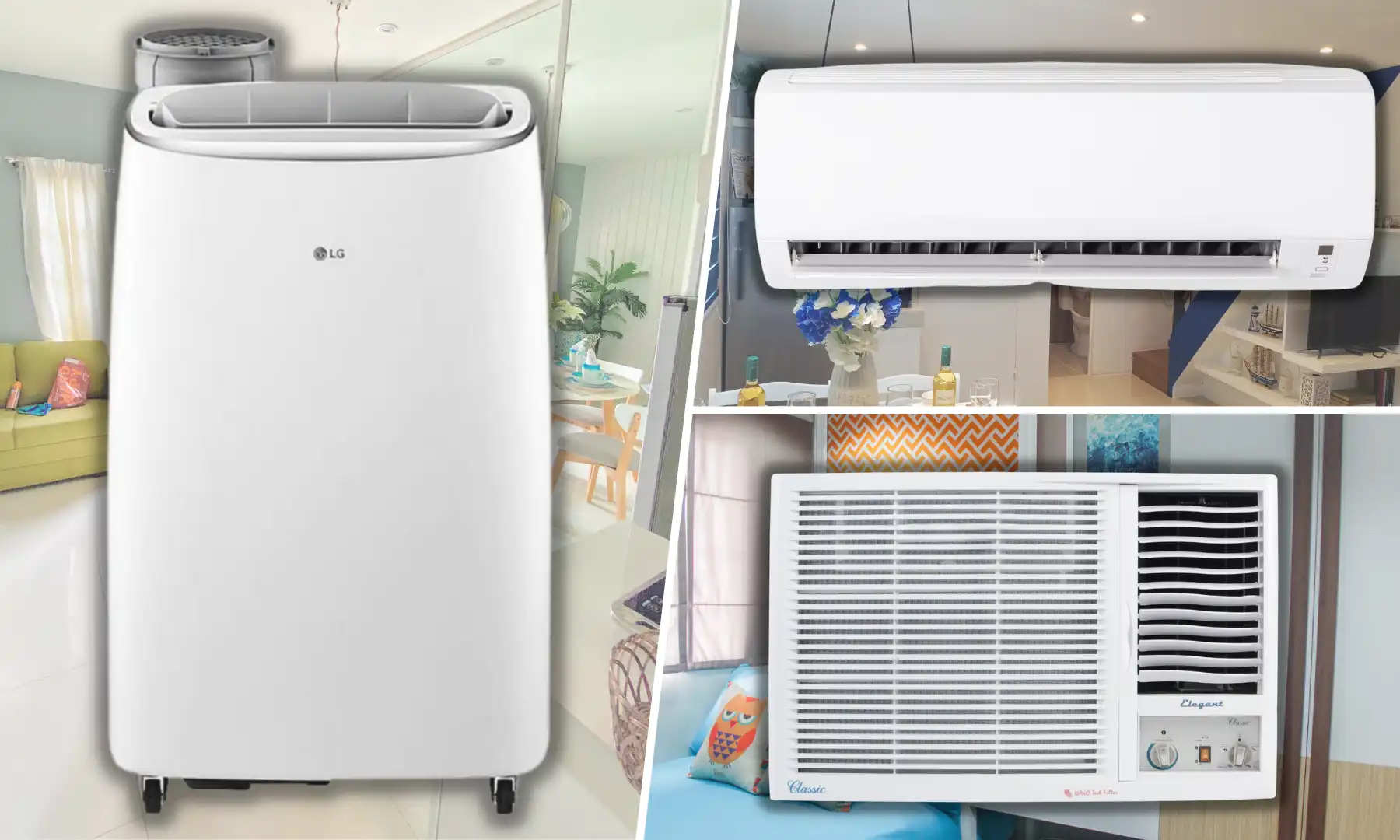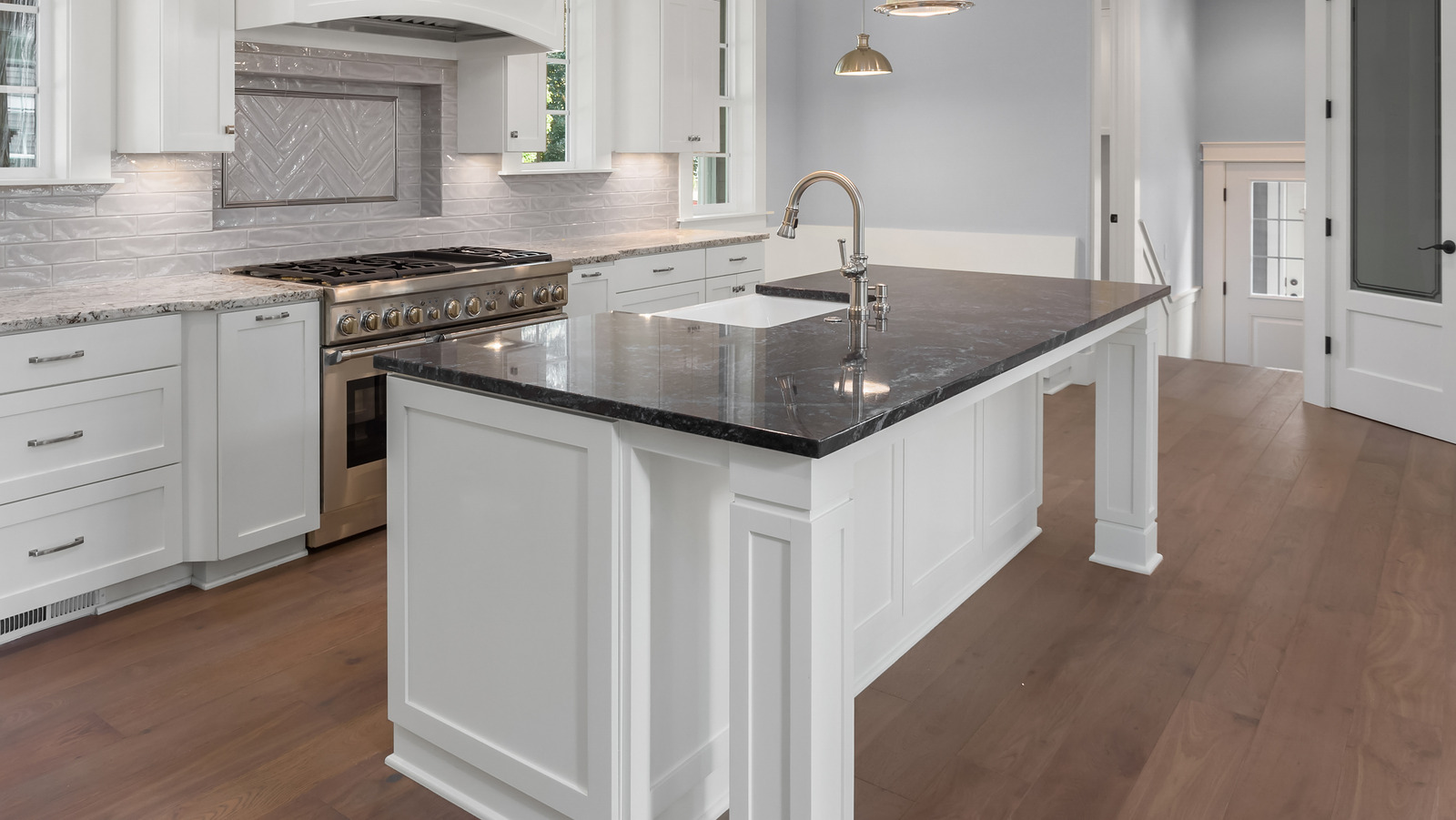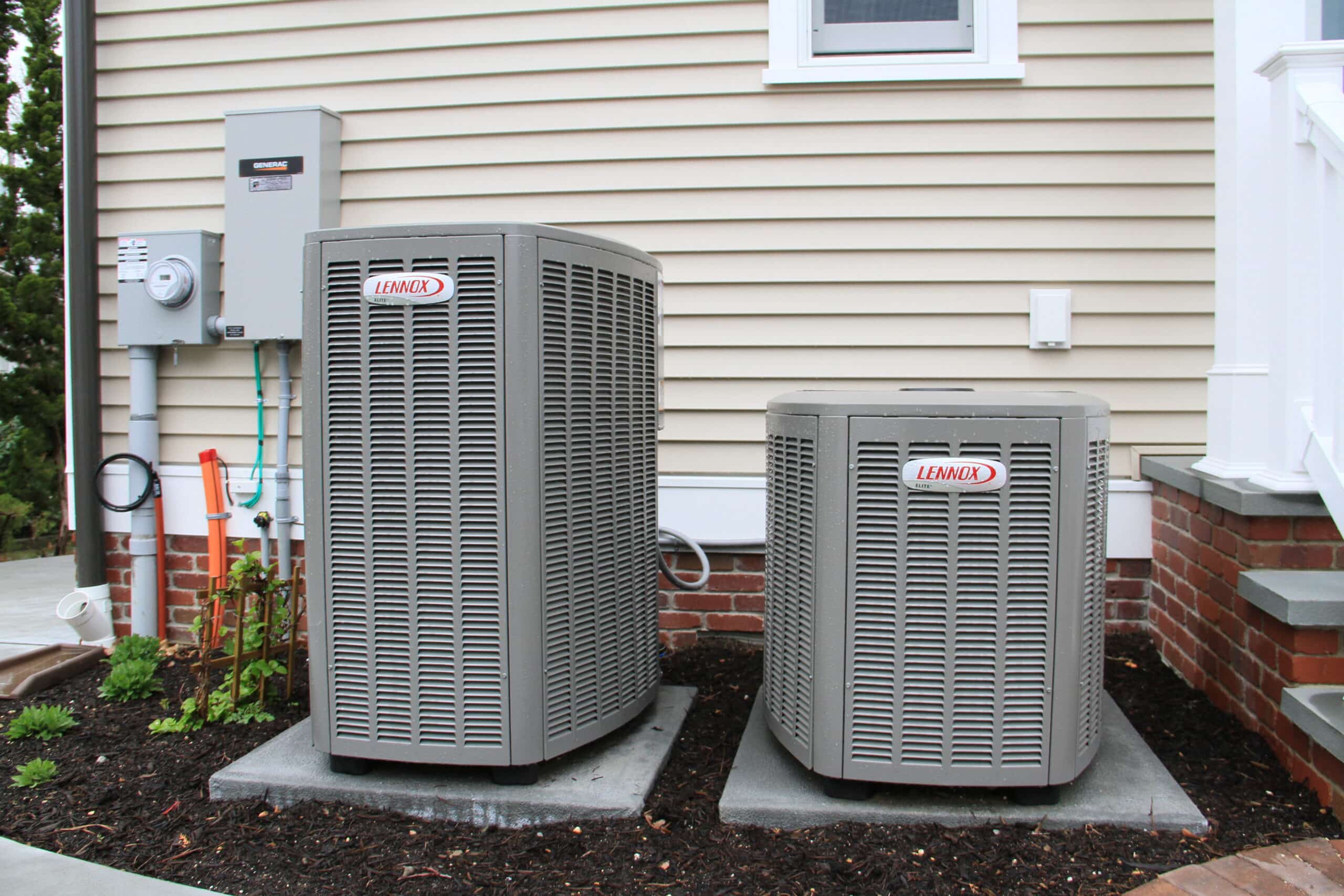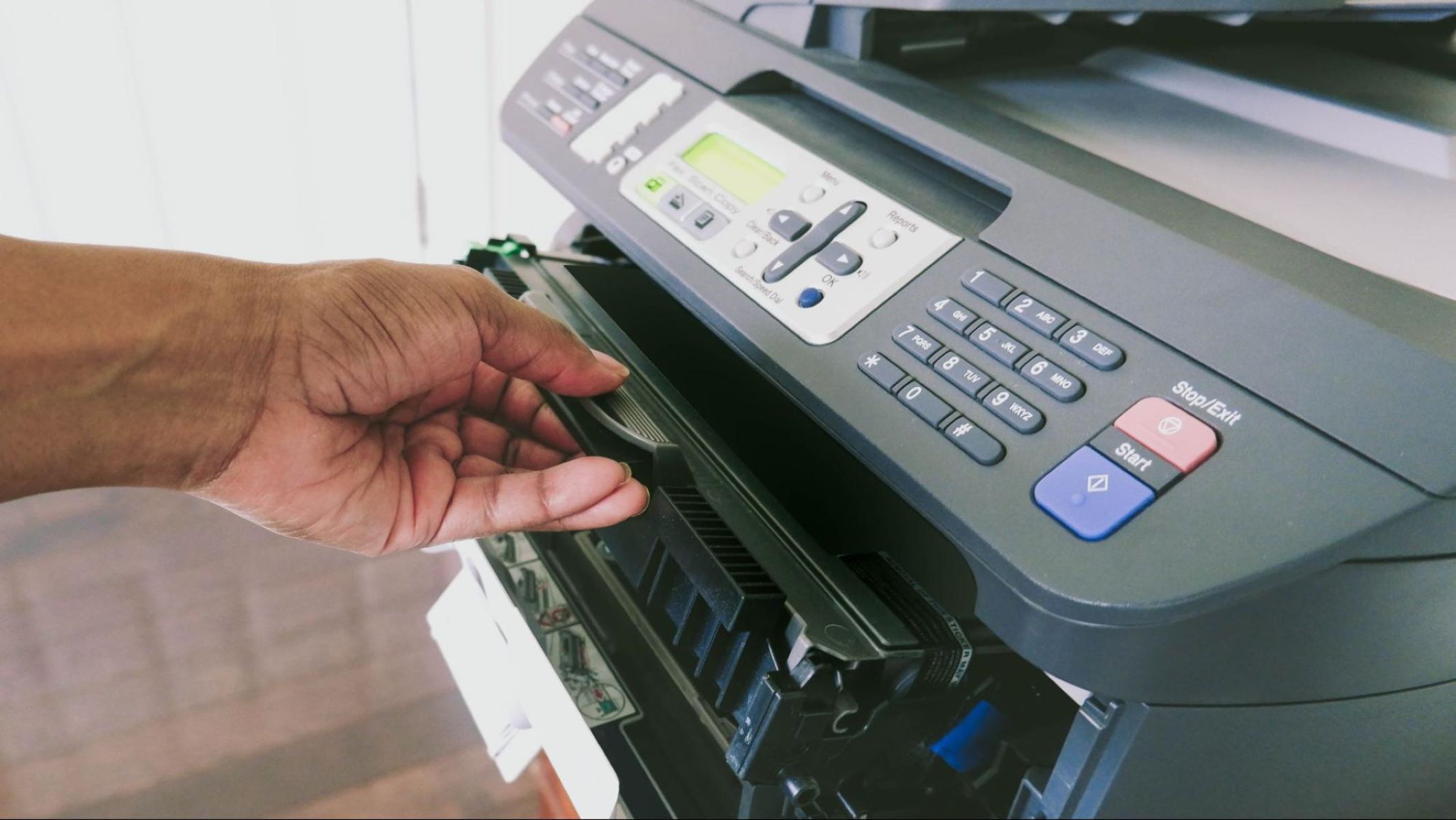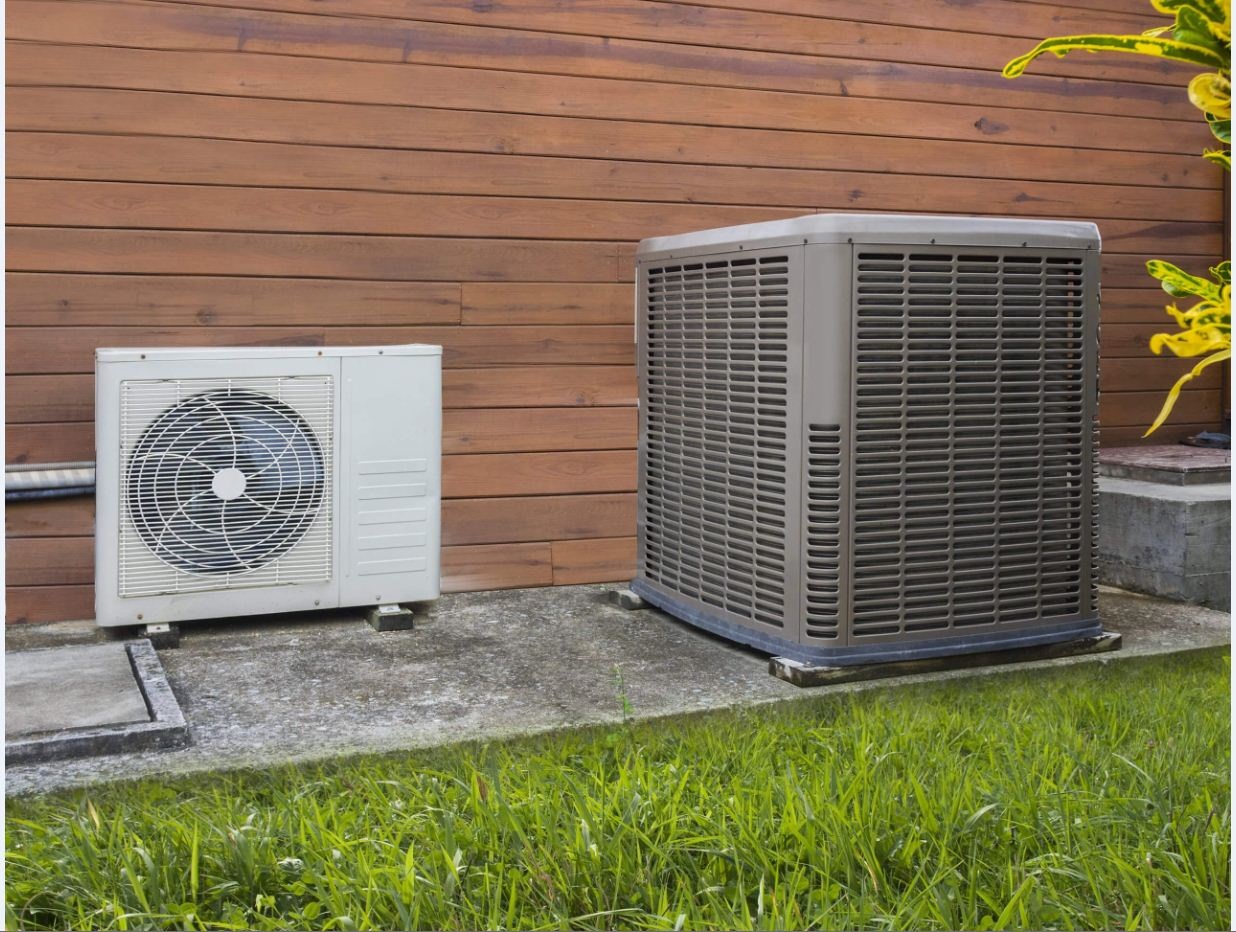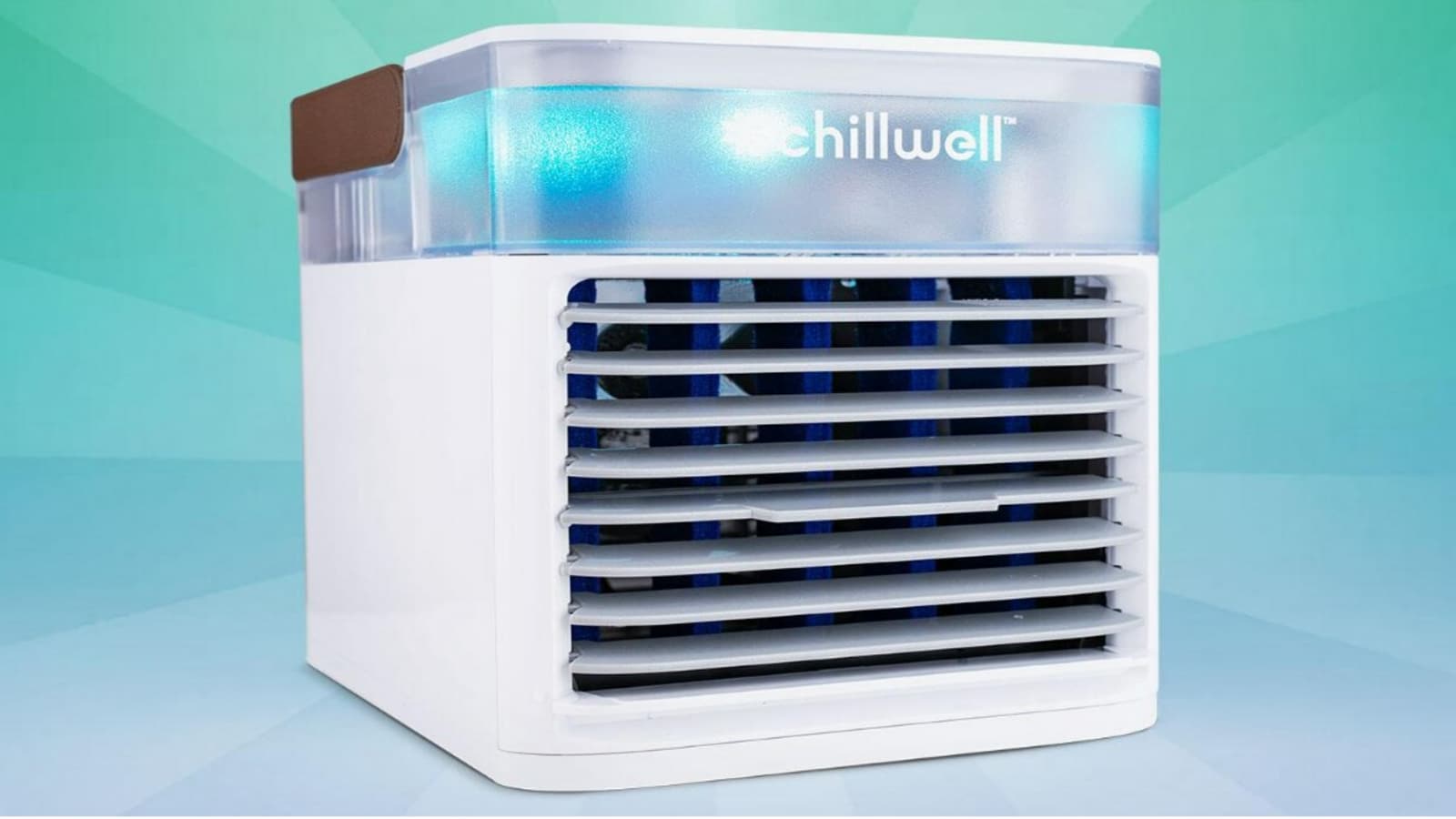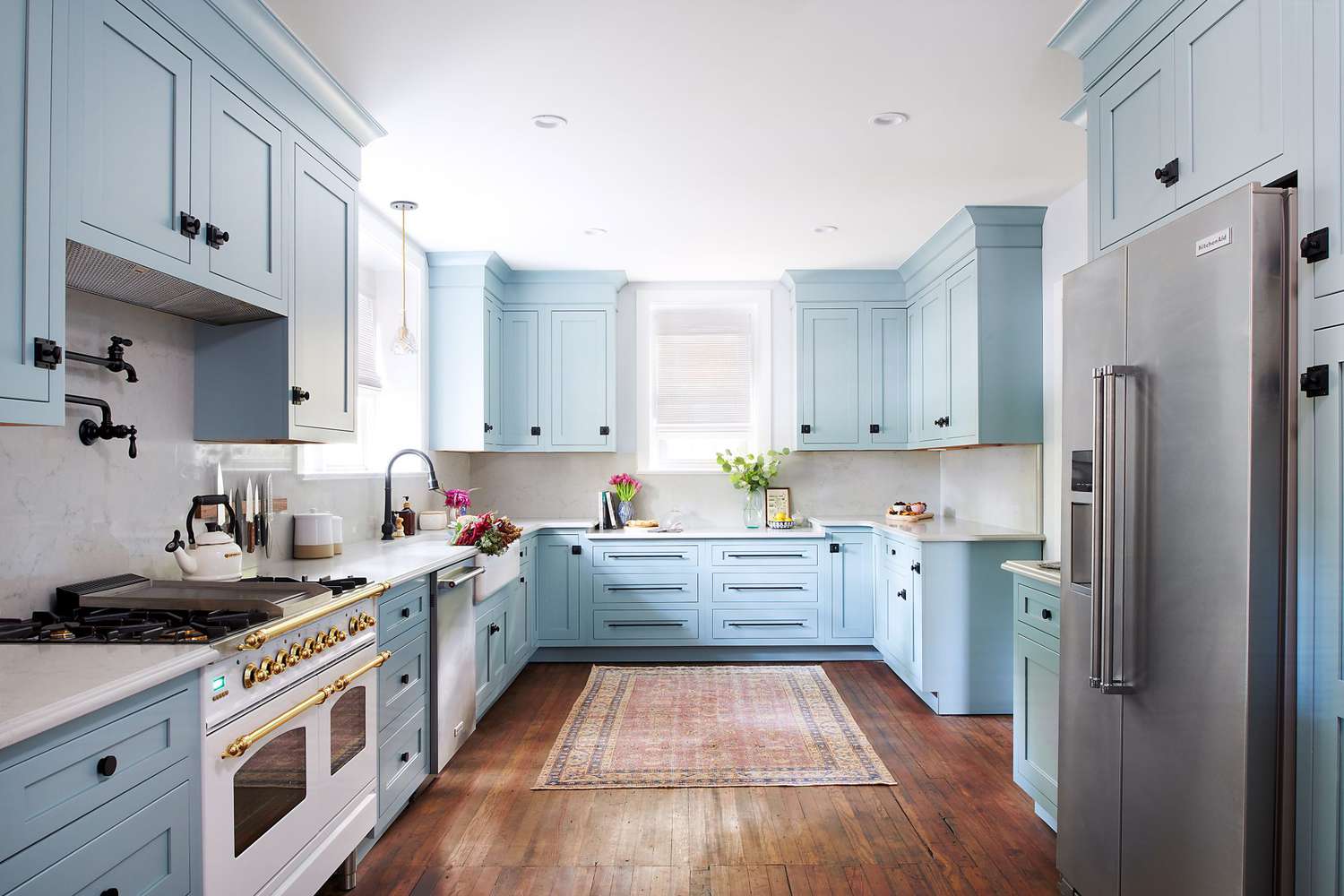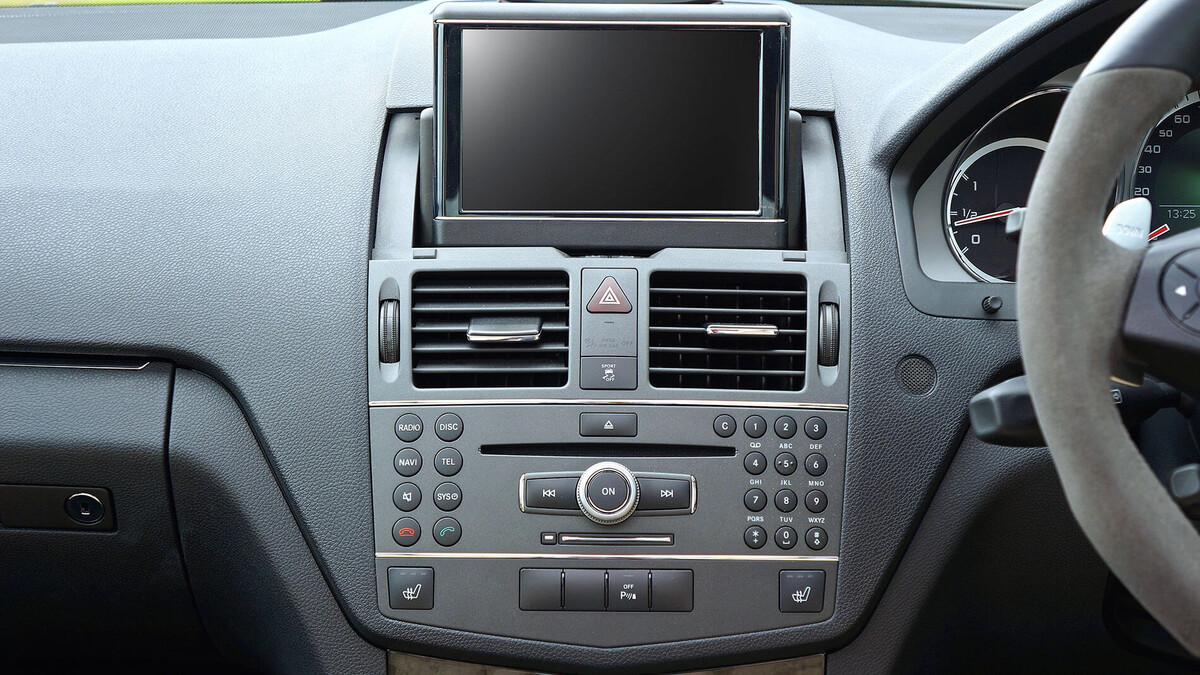Home>Home Maintenance>Which Type Of Air Conditioner Is Best?


Home Maintenance
Which Type Of Air Conditioner Is Best?
Modified: October 20, 2024
Discover which type of air conditioner is best for your home maintenance needs. Compare the benefits and features of different models to make the right choice.
(Many of the links in this article redirect to a specific reviewed product. Your purchase of these products through affiliate links helps to generate commission for Storables.com, at no extra cost. Learn more)
Introduction
When it comes to beating the heat and ensuring a cool and comfortable home, there’s no denying the importance of having an efficient air conditioner. With so many options available on the market, it can be overwhelming to determine which type of air conditioner is best suited for your needs. From central air conditioners to window units, split systems to portable options, each type has its own unique advantages and considerations.
In this article, we will explore the different types of air conditioners available and discuss their pros and cons. By understanding the features and functionality of each type, you’ll be better equipped to make an informed decision that will keep you cool all summer long.
Key Takeaways:
- Beat the heat with the right AC! Central ACs cool large homes efficiently but cost more to install and operate. Window units are budget-friendly for single rooms, but may be noisy and obstructive.
- Stay cool and flexible! Portable ACs offer mobility and easy installation, but are less powerful. Ductless mini-splits provide zoned cooling and energy efficiency, but come with a higher upfront cost.
Read more: Which Air Conditioner Brand Is The Best
Central Air Conditioner
One of the most common and popular options for cooling larger homes is a central air conditioner. These systems consist of a central unit that is connected to ductwork throughout the house. The cool air is then distributed through vents in each room, providing consistent and efficient cooling.
Central air conditioners offer several advantages. Firstly, they are capable of cooling larger spaces more effectively than other types of air conditioners. With the ability to cover multiple rooms or even an entire house, central systems are ideal for those with extensive cooling needs.
Another advantage is that central air conditioners are incredibly convenient. Once installed, you can control the temperature of your entire home with the touch of a button. This allows for precise temperature management and increased comfort.
Despite their benefits, central air conditioners do have some considerations to keep in mind. Firstly, the installation process can be more complex and costly compared to other types of air conditioners. It may require professional installation, as well as the accommodation of ductwork throughout your home.
In addition, central air conditioners rely on a dedicated HVAC system, which means they can increase your energy consumption and utility bills. It’s important to ensure that your home is properly insulated and that the system is regularly maintained to optimize energy efficiency.
In summary, central air conditioners are a highly effective choice for cooling larger spaces and providing consistent comfort throughout your home. However, they do come with a higher upfront cost and ongoing energy consumption considerations.
Window Air Conditioner
If you’re looking for a cost-effective and easy-to-install cooling solution for a single room or a small space, a window air conditioner could be the perfect option for you. As the name suggests, these units are designed to fit in a window frame, with the front of the unit facing inside the room and the back hanging outside to exhaust hot air.
Window air conditioners have several advantages that make them a popular choice for many homeowners. Firstly, they are relatively affordable compared to other types of air conditioners, making them a budget-friendly option. They also require minimal installation effort, as they can be easily mounted in most standard-sized windows.
Another advantage of window air conditioners is their compact size, which makes them suitable for small spaces. Whether you need to cool a bedroom, office, or studio apartment, these units can provide effective and efficient cooling without taking up much space.
However, it’s important to consider a few factors before choosing a window air conditioner. One is the noise level. Some models can be quite noisy, which may be a concern for light sleepers or homeowners looking for a quieter cooling solution.
Additionally, window air conditioners are designed for a single room, so they may not be the best option if you need to cool multiple rooms or a larger area. They also obstruct the view from the window and limit the amount of natural light entering the room.
Overall, window air conditioners are an affordable and convenient choice for cooling individual rooms or small spaces. If you’re looking for a budget-friendly and easy-to-install cooling solution, a window AC unit may be the right choice for you.
Split Air Conditioner
A split air conditioner, also known as a ductless air conditioner, offers a versatile and energy-efficient cooling solution for both residential and commercial spaces. Unlike central air conditioners, split systems don’t require ductwork and are composed of two main components: an indoor unit and an outdoor unit.
One of the main advantages of split air conditioners is their flexibility in installation. The indoor unit can be mounted on the wall or ceiling, allowing for customizable placement in each room. This makes split systems a great option for homes without existing ductwork or for individuals who prefer zoned cooling.
Another benefit of split air conditioners is their energy efficiency. Without the need for ducts, the cooled air reaches the desired space directly. This eliminates energy loss that can occur in ductwork, resulting in higher efficiency and lower energy bills.
Split air conditioners also provide better climate control as compared to window units or portable ACs. Each indoor unit can be individually controlled, allowing for personalized temperature settings in separate rooms. This zoning capability provides increased comfort and energy savings by cooling only the rooms that are being used.
However, it’s important to note that split air conditioners do have some considerations. Firstly, the installation process is more complex and usually requires professional help. The indoor and outdoor units need to be connected through refrigerant lines and electrical wiring, which may involve some minor construction work.
Additionally, split air conditioners tend to have a higher upfront cost compared to other types of ACs. However, it’s important to consider the long-term energy savings and efficiency provided by these systems, which can offset the initial investment over time.
In summary, split air conditioners offer a flexible and energy-efficient cooling solution, with the ability to provide personalized comfort in different zones of your home. If you’re willing to invest in professional installation and prioritize zoned cooling, a split AC system may be the perfect choice for your cooling needs.
When choosing an air conditioner, consider the size of the room, energy efficiency, and your budget. Split-system air conditioners are great for larger spaces, while portable units are more versatile.
Portable Air Conditioner
When it comes to flexibility and mobility, portable air conditioners are an excellent choice. As the name suggests, these units are designed to be easily moved from room to room, offering cooling wherever you need it most. Portable air conditioners are self-contained systems that typically consist of a single unit with a built-in exhaust hose.
One of the main advantages of portable air conditioners is their ease of use and installation. Unlike other types of air conditioners, these units don’t require any permanent installation or mounting. Simply plug in the unit, position the exhaust hose near a window or vent, and you’re ready to enjoy cool air.
Portable air conditioners are also ideal for renters or individuals who are unable to make permanent modifications to their living space. You can take the unit with you when you move or easily switch it between rooms as needed.
An additional benefit of portable air conditioners is their versatility. In addition to cooling, many models also offer additional functions such as dehumidification or fan modes. This makes them useful not only during hot summer months but also in humid climates or when you simply need air circulation.
While portable air conditioners offer convenience and mobility, there are a few considerations to keep in mind. Firstly, these units are typically less powerful than their larger counterparts, such as central or split systems. As a result, they may struggle to cool larger rooms or entire homes effectively.
Furthermore, portable air conditioners require a window or door to vent the hot air generated during the cooling process. This means that you need to have access to a window or use a venting kit to exhaust the hot air outside. It’s important to ensure proper ventilation to maintain efficiency and prevent the buildup of hot air in the room.
In summary, portable air conditioners offer convenience and flexibility for cooling specific areas or rooms. They are easy to install and provide mobility, making them a practical choice for renters or those who need cooling in multiple locations. However, keep in mind their limitations in cooling larger spaces and the need for proper ventilation.
Read more: Which Gas Is Used In An Air Conditioner
Ductless Mini-Split Air Conditioner
A ductless mini-split air conditioner is a highly efficient and versatile cooling solution that provides individualized comfort in each room. As the name implies, these systems do not require ductwork like central air conditioners, making them a popular choice for homes without existing duct systems or those seeking zone-specific cooling.
The main components of a ductless mini-split system include an outdoor unit and one or more indoor units. The outdoor unit houses the compressor and condenser, while the indoor units are mounted on the wall or ceiling and deliver cool air directly into the room.
One of the major advantages of a ductless mini-split air conditioner is the ability to independently control the temperature in different rooms or zones. Each indoor unit can be operated separately, allowing for personalized comfort and energy savings as you can cool only the rooms that are being used.
Another benefit is the energy efficiency of ductless mini-splits. Without the need for ductwork, there is no air loss or energy waste associated with duct systems. This translates into higher efficiency, lower energy consumption, and reduced utility bills.
Ductless mini-split air conditioners are also relatively easy to install compared to central air conditioners. The indoor units require only a small hole to connect them to the outdoor unit through refrigerant lines and electrical wiring. This makes installation less invasive and suitable for both new construction and retrofitting existing homes.
However, it’s essential to consider a few factors before opting for a ductless mini-split system. The upfront cost of ductless systems tends to be higher than traditional window or portable units. This is due to the need for multiple indoor units and professional installation.
Additionally, the aesthetics of the indoor units mounted on walls or ceilings should be taken into account. While they are sleek and compact in design, they still occupy space and may not align with everyone’s interior decor preferences.
In summary, a ductless mini-split air conditioner provides individualized comfort and energy efficiency. With the ability to control temperature in different zones and no energy loss through ductwork, these systems are a great choice for homes where traditional ducted systems are impractical or cost-prohibitive.
Conclusion
Choosing the right air conditioner for your home is essential for maintaining a cool and comfortable living environment, especially during the hot summer months. Each type of air conditioner offers unique advantages and considerations, and understanding these factors can help you make an informed decision.
If you have a larger home or multiple rooms to cool, a central air conditioner may be the best choice. It provides efficient cooling throughout the entire house, although it can be more expensive to install and operate.
For individual rooms or smaller spaces, window air conditioners offer a cost-effective and easy-to-install solution. They may obstruct the view and have noise considerations, but they are compact and suitable for smaller cooling needs.
Split air conditioners provide flexibility and zoned cooling options. They are energy-efficient, customizable, and offer precise temperature control. However, installation may require professional assistance and have a higher upfront cost.
If mobility and versatility are important to you, portable air conditioners are a great choice. They can be easily moved from room to room and require minimal installation. But keep in mind that they are less powerful and may require proper ventilation through a window or venting kit.
Ductless mini-split air conditioners are efficient, offer individualized comfort, and eliminate the need for ductwork. They are ideal for homes without duct systems or for those seeking zone-specific cooling. However, they can be more expensive upfront and may require professional installation.
Ultimately, the best type of air conditioner for you depends on your specific needs, budget, and preferences. Consider factors such as the size of your space, the number of rooms you need to cool, and any aesthetic or noise concerns. By weighing these factors, you can find the perfect air conditioning solution to keep your home cool and comfortable all summer long.
Frequently Asked Questions about Which Type Of Air Conditioner Is Best?
Was this page helpful?
At Storables.com, we guarantee accurate and reliable information. Our content, validated by Expert Board Contributors, is crafted following stringent Editorial Policies. We're committed to providing you with well-researched, expert-backed insights for all your informational needs.
